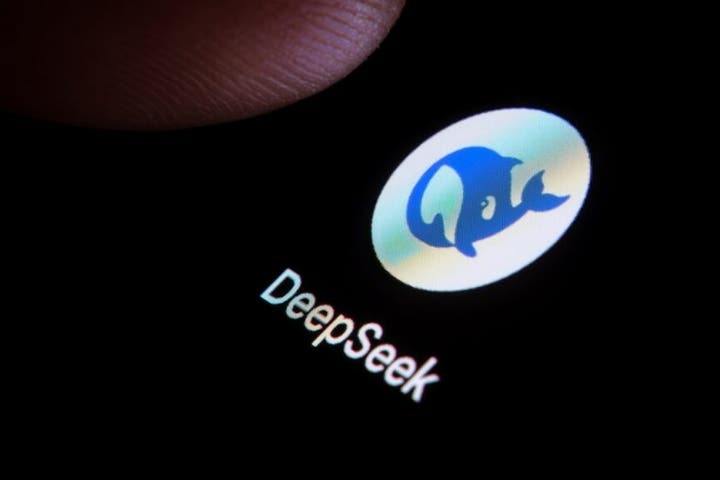Former Google China Head Bets Big On DeepSeek: 01.AI Founder Explains Why 'Sam Altman Is Probably Not Sleeping Well'
Kai-Fu Lee, former head of Google China and founder of AI startup 01.AI, believes that the rise of open-source AI models like DeepSeek poses an existential risk to companies like OpenAI. He stated that the AI industry is consolidating around a few foundational models, with open source emerging as the inevitable winner. Lee mentioned that closed model companies, such as OpenAI, were surprised by the capabilities of models like DeepSeek. He also highlighted the cost disparity in developing closed models versus leveraging open-source solutions. Lee's insights reflect the evolving landscape of the AI industry and the impact of open-source technologies.

Kai-Fu Lee, the former head of Alphabet Inc.'s Google China and founder of AI startup 01.AI, says the rise of open-source AI models like DeepSeek has exposed an existential risk to OpenAI's business—and he's pivoting his company accordingly.
What Happened
On Saturday, Lee shared a clip from his interview with Bloomberg, in which he stated that the AI industry is consolidating around a few foundational models—and that open source is emerging as the inevitable winner. "In both U.S. and China, the pre-training of a giant model has consolidated... it's become clear that open-source will be the winner," Lee said. He added that closed model companies like OpenAI "got shocked when they saw a model as good" as DeepSeek's.
Lee also pointed out the dramatic cost disparity between the two approaches. "OpenAI's cost was $7 billion in 2024. DeepSeek probably operated with 2% of that." He questioned the long-term sustainability of OpenAI's business model, especially when competing against open-source projects that offer similar quality at a fraction of the cost. "With that kind of formidable competitor, I think Sam Altman is probably not sleeping well," he added.
Why It's Important
The open source vs. closed source AI model debates have also drawn support from key figures like Elon Musk and Meta Platforms, Inc. CEO Mark Zuckerberg, who have both voiced support for more transparent development in AI.
Last year, Google introduced Gemma, a new family of open-source AI models. It is based on the same research and technology behind Gemini, Google’s proprietary closed-source AI model that powers the Gemini chatbot (formerly Bard). In January, DeepSeek's open-source models, including its R1 release, disrupted the market—triggering a $593 billion selloff in Nvidia Corporation's market cap.
Last month, DeepSeek announced its decision to open-source five of its code repositories. For many tech companies, open-sourcing code is a major decision, as these repositories often contain crucial intellectual property. This approach stands in stark contrast to OpenAI, which has maintained a closed-source strategy.
Despite mounting competition from DeepSeek, ChatGPT remains widely popular. According to OpenAI's Chief Operating Officer, Brad Lightcap, the platform saw a 33% increase in users since December and now boasts over 400 million weekly active users as of February.
Check out more of Benzinga's Consumer Tech coverage by following this link. Read Next: Apple Reportedly Fights UK Government's ‘Unacceptable' Encryption Order Behind Closed Doors—No Press Or Public Allowed Stock Score Locked: Want to See it? Benzinga Rankings give you vital metrics on any stock – anytime. © 2025 Benzinga.com. Benzinga does not provide investment advice. All rights reserved.

